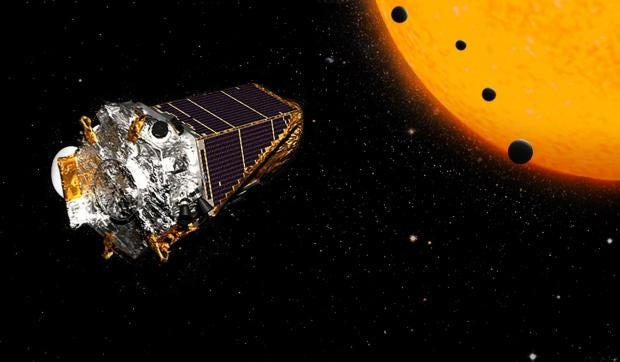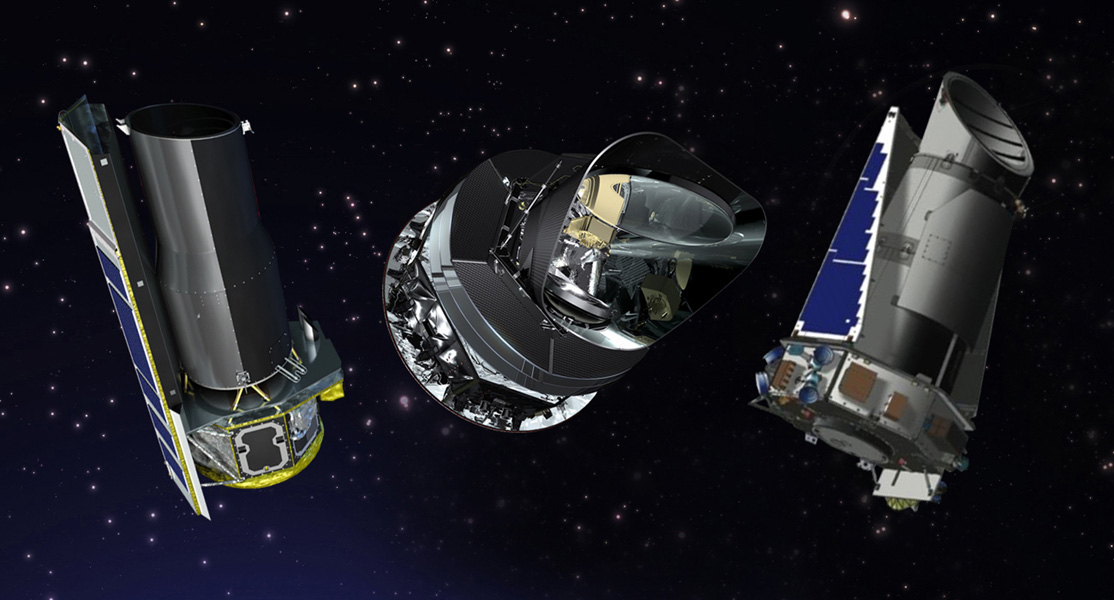
The Kepler space telescope, which allowed humanity to see huge numbers of other planets that could support life, is about to die.
The spacecraft probably only has enough fuel left for a few months, NASA says. Once that happens, its mission will come to an end and contact will be lost.
It is far from the first time that the Kepler mission has run into trouble – it has spent all of its time being blasted with cosmic rays, and its primary mission had to come to an end in 2013 when one of its mechanisms broke. But it has struggled through those difficulties, continuing to look around the sky and find evidence of planets many lightyears away that might be second Earths.
That hardiness has led scientists to hope that the telescope can continue on for longer than the few months it is expected to have left. But however much it is able to eke out those last bits of fuel, the mission will have to come to an end once it runs out.
When that happens, there will be no fuel left for NASA to use to aim the spacecraft back at Earth, so that it can send it back to us. In the remaining time, NASA will continue to use the telescope to look around the sky and collect scientific data to analyze on Earth. NASA is committed to keep doing that as long as it has the fuel to allow the data to be sent back, it said.

Sometimes, NASA has to save enough fuel for one last mission – usually one that sees it destroy itself. Doing so ensures that the equipment doesn't get in the way once it has been lost, as in the case of Cassini, which was plunged into Saturn's atmosphere and destroyed to avoid it crashing into one of the planet's moons and filling it with any life it was accidentally carrying.
But that won't be necessary this time around, since the Kepler space telescope is floating mostly on its own in space, tracking Earth's orbit around 95 million miles away.
Just as Kepler's time comes to an end, NASA will be launching the Transiting Exoplanet Survey Satellite (TESS) will be launching on April 16 from Cape Canaveral, Florida. That will do a similar job but will be able to see even more: scanning nearly the entire sky to look for the same exoplanets that have been spotted by the Kepler craft.
